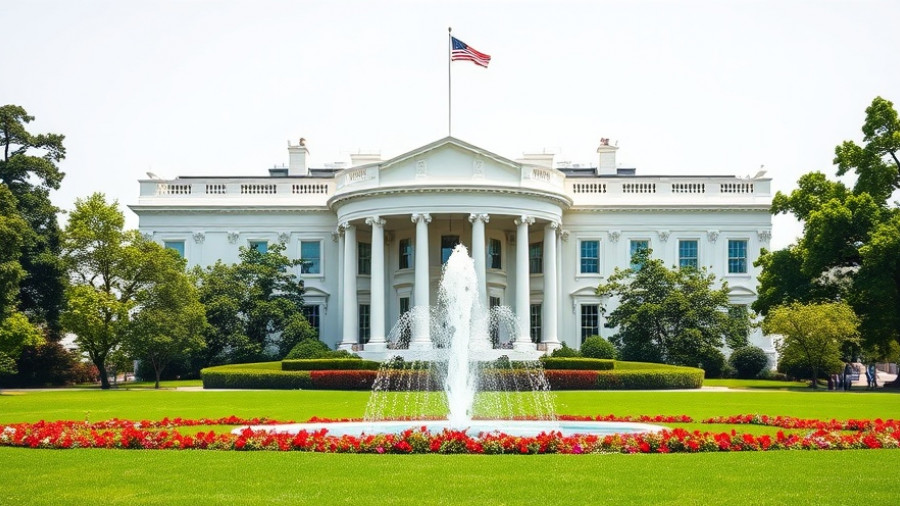
Understanding the Clash: Anthropics and the White House
The recent public feud between Anthropic, an AI research organization, and the White House has laid bare a significant rift in the approach to AI regulation. The disagreement intensified when Jack Clark, co-founder of Anthropic, contended in his essay that the risks posed by artificial intelligence are being massively underplayed by policymakers. He expressed a central concern that many are "pretending that AI cannot threaten humanity," urging immediate recognition of these existential threats to ensure a balanced approach to coexistence with this evolving technology.
The White House responded vigorously to Clark's claims, with AI adviser David Sacks accusing Anthropic of leveraging fear for business gain, suggesting that the company is pursuing a "regulatory capture strategy" based on fear-mongering. This exchange reflects a deeper philosophical conflict regarding the perception of AI; while Anthropic emphasizes caution and transparency, the administration advocates for streamlined innovation and a cautious approach to intervention.
State Regulations vs. Federal Oversight: A Complex Tug of War
Both entities nominally endorse the idea of a regulatory framework; however, their disagreement on the implementation creates a chasm between them. The government's strong stance against a patchwork of state regulations—which it fears could fracture innovation—has not sat well with Anthropic. The tech company has actively supported California's bold Senate Bill 53, which aims to impose critical transparency and whistleblower protections for AI developers. This divergence illustrates the company’s proactive stance on a state level, especially in light of perceived inaction at the federal level.
The Impact of Strict Usage Policies on Federal Relations
Conversely, this regulatory discourse has seeped into day-to-day operations, particularly in relation to government contractors. Anthropic's strict policies banning the usage of its AI for domestic surveillance have led to situations where federal law enforcement, including agencies like the FBI and Secret Service, struggle to access essential technologies. This ban reflects Anthropic’s moral stance but has resulted in practical challenges as their Claude AI models are critical tools, particularly in high-stakes cases.
Deepening Divide in AI Governance
The controversies brewing between Anthropic and the White House signify an overarching debate about governance in the AI sector. As technology advances at a blistering pace, decisions regarding its regulation will carry serious implications. Advocates for stringent oversight caution against rapidly deploying these systems without adequate frameworks in place. In contrast, those like Sacks advocate for a more measured approach that prioritizes innovation without extensive bureaucratic roadblocks.
Implications for the Future of AI Regulation
Looking ahead, the outcome of this tension will shape not just the operational landscape for AI developers but also set precedents for how emerging technologies are governed. The current discourse, with Anthropic's firm positions and the White House's striving for balance, may impact both domestic and international perceptions of AI regulation. As other countries observe this ongoing tussle, it is plausible that they will derive insights for their models of governance in the AI space.
 Add Row
Add Row  Add
Add 




Write A Comment